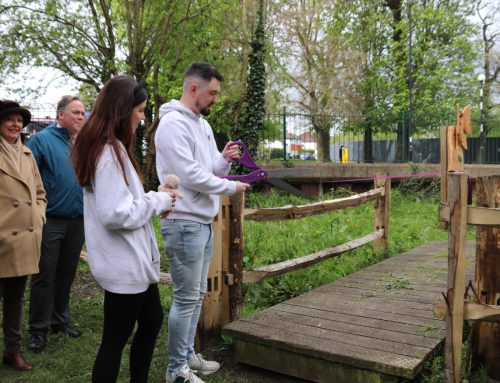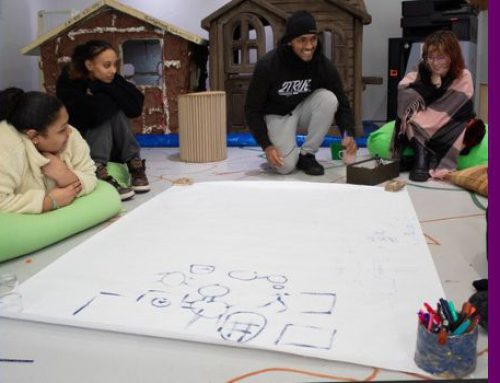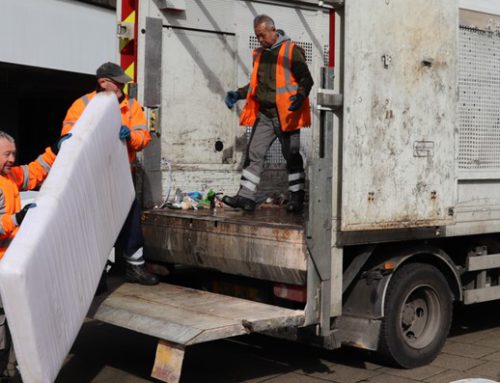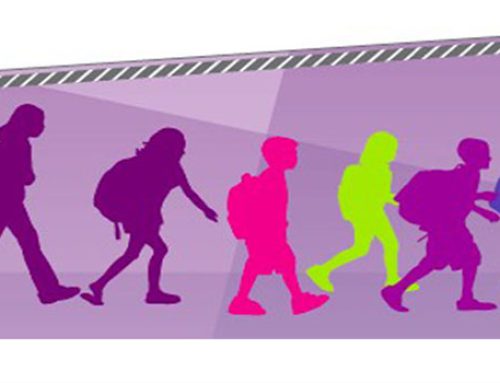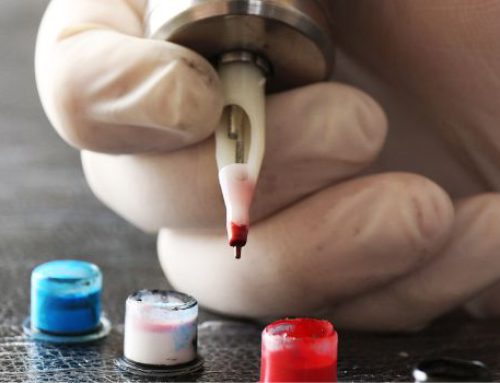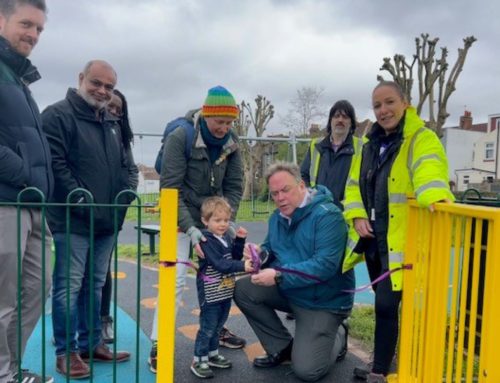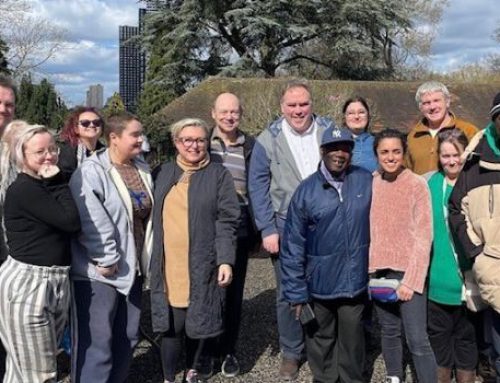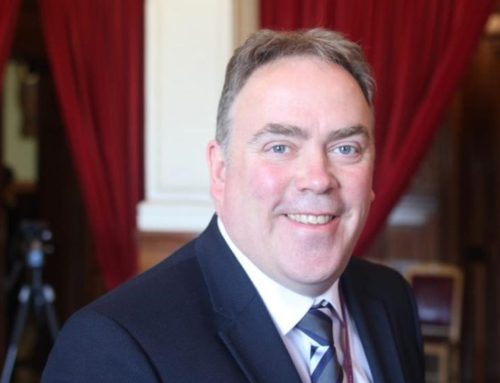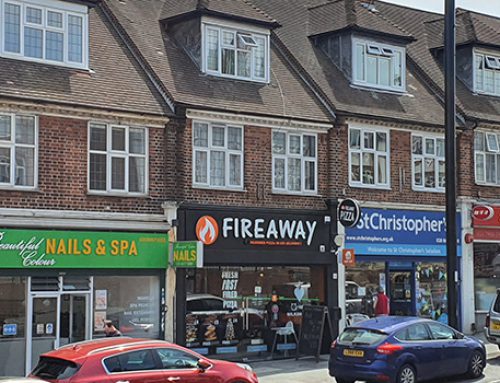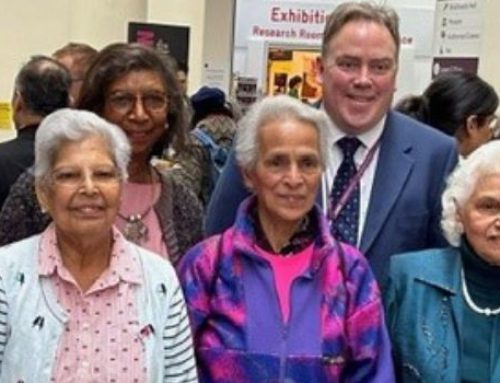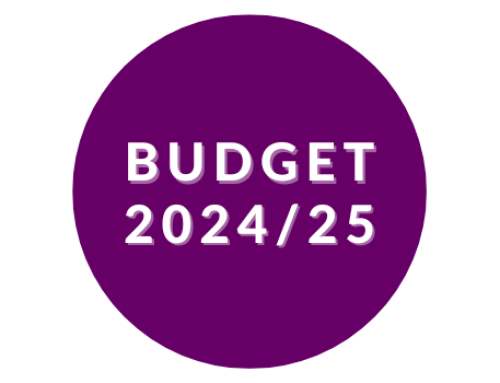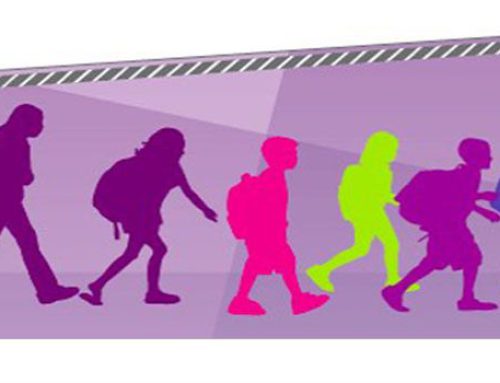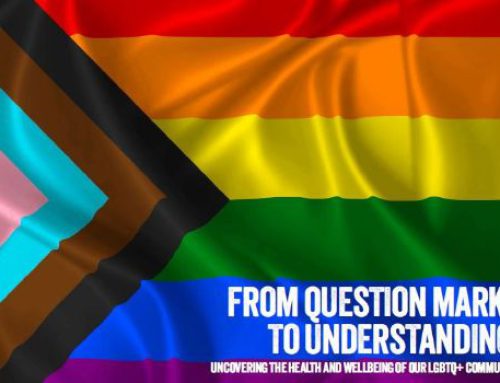A host of community venues have been set up specially to carry out rapid HIV tests in Croydon during the national HIV Testing Week campaign, which starts this Saturday, 16 November.
A hair and beauty salon, Croydon Voluntary Action, pharmacies, and the main atrium in Croydon University Hospital are among the venues organised by Croydon Council to offer residents more opportunities to take a test.
Trained volunteers, many from Croydon College’s health and social care courses, will be out on the streets encouraging people to have a quick and painless finger-prick HIV test nearby in the community, which they can do in the borough until World Aids Day on 1st December.
The venue locations and times they are carrying out HIV testing can be found at www.justbecroydon.org/HIV-test
HIV testing is available all year at Croydon University Hospital, GP surgeries, other clinical venues and via online and postal test kits. Anyone diagnosed with HIV will get free treatment and support.
This year’s national HIV Testing Week campaign is supported by influencers and celebrities, including TV’s Dr Ranj Singh from This Morning and E4’s The Sex Clinic nurse Sarah Mulindwa who are also on posters around Croydon.
The campaign aims to get more people to take a test and reduce the numbers who are diagnosed late so that they can receive early or effective treatment, live a longer, healthier life and reduce the risk of passing on the virus to others.
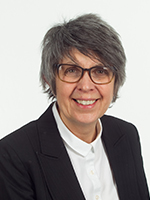 Councillor Jane Avis, cabinet member for families, health and social care, said: “Testing is the only way to know if you have HIV or not, as people sometimes live for years unaware that they have it. We are successfully working with partner organisations across the borough to drive down the number of people affected by HIV to improve the health outcomes of residents.”
Councillor Jane Avis, cabinet member for families, health and social care, said: “Testing is the only way to know if you have HIV or not, as people sometimes live for years unaware that they have it. We are successfully working with partner organisations across the borough to drive down the number of people affected by HIV to improve the health outcomes of residents.”
Rachel Flowers, Croydon’s Director of Public Health, said: “Testing for HIV puts you in control as you can find out your result in 15 minutes, and get effective treatment if needed. HIV Testing Week also puts a spotlight on supporting people to better take care of their health and test regularly for HIV.”


